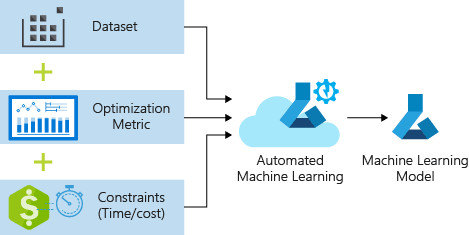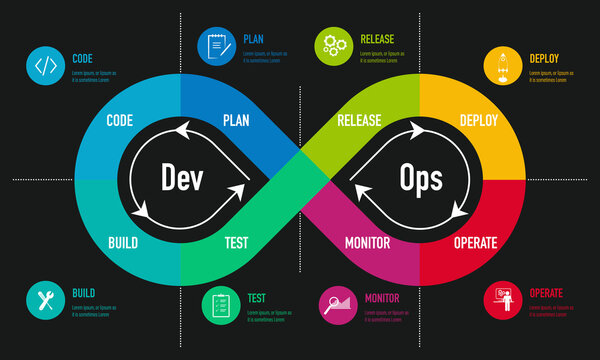In the fast-paced world of technology, software assurance plays a crucial role in ensuring the reliability, security, and quality of software products. But what exactly is software assurance, and why is it important for businesses and developers? This article delves into the concept of software assurance, its significance, and how it impacts the overall software development lifecycle.
Understanding Software Assurance
Software assurance refers to the set of processes, practices, and methodologies that ensure software is developed and maintained to meet specific quality standards. It involves rigorous testing, evaluation, and validation of software to confirm that it performs as intended, is free from vulnerabilities, and adheres to security protocols.
The primary goal of software assurance is to minimize risks associated with software failures, security breaches, and operational inefficiencies. By implementing robust assurance practices, organizations can enhance the dependability and performance of their software products, ultimately leading to higher customer satisfaction and reduced maintenance costs.
Key Components of Software Assurance
Software assurance encompasses various components that collectively contribute to the quality and security of a software product. Some of the key components include:
- Quality Assurance (QA)
- QA focuses on ensuring that the software meets the required quality standards. It involves systematic testing, debugging, and validation of the software to identify and fix defects before the product is released.
- Security Assurance
- Security assurance ensures that the software is protected against potential threats and vulnerabilities. It involves implementing security measures such as encryption, access controls, and vulnerability assessments to safeguard the software from cyberattacks.
- Risk Management
- Risk management in software assurance involves identifying potential risks associated with software development and deployment. It includes assessing the impact of these risks and implementing strategies to mitigate them.
- Compliance and Standards
- Software assurance also involves ensuring that the software complies with industry standards, regulations, and best practices. This helps organizations avoid legal issues and maintain a good reputation in the market.
- Continuous Monitoring and Improvement
- Continuous monitoring is essential to ensure that the software remains reliable and secure throughout its lifecycle. Regular updates, patches, and improvements are made to address any emerging issues or vulnerabilities.
Why is Software Assurance Important?
Software assurance is vital for several reasons, especially in today’s digital landscape where software is integral to almost every aspect of business operations. Here are some of the reasons why software assurance is crucial:
- Enhances Software Quality: By implementing thorough testing and quality assurance practices, organizations can ensure that their software is free from bugs and performs as expected.
- Ensures Security: With cyber threats on the rise, software assurance helps in identifying and mitigating security vulnerabilities, protecting sensitive data, and maintaining user trust.
- Reduces Costs: Early detection and resolution of software issues through assurance practices can significantly reduce the costs associated with post-release fixes and maintenance.
- Increases Customer Satisfaction: Reliable, high-quality software leads to better user experiences, which in turn increases customer satisfaction and loyalty.
- Compliance with Standards: Adhering to industry standards and regulations through software assurance helps organizations avoid legal penalties and enhances their market credibility.
Software Assurance in the Development Lifecycle
Software assurance is integrated into every phase of the software development lifecycle, from the initial design to deployment and maintenance. Here’s how software assurance plays a role at each stage:
- Requirement Analysis
- During this phase, software assurance ensures that the software requirements are clearly defined, feasible, and aligned with business goals. It also assesses potential risks and security needs.
- Design
- In the design phase, assurance practices focus on creating a robust and secure architecture for the software. This includes selecting appropriate technologies, frameworks, and tools that meet quality and security standards.
- Development
- During development, continuous testing and code reviews are conducted to ensure that the software is being built according to the defined standards and requirements.
- Testing
- The testing phase is crucial for software assurance. It involves rigorous testing methods such as unit testing, integration testing, and security testing to identify and fix any issues before the software is deployed.
- Deployment
- Software assurance during deployment ensures that the software is properly configured, secure, and ready for production. It also includes monitoring the software post-deployment to detect and address any issues that arise.
- Maintenance
- In the maintenance phase, software assurance focuses on providing regular updates, patches, and improvements to keep the software secure, reliable, and up-to-date.
Inventateq’s Role in Software Assurance Training
For professionals looking to excel in software assurance, gaining the right skills and knowledge is essential. Inventateq offers comprehensive training programs that cover various aspects of software assurance, including quality assurance, security testing, and risk management. With a focus on practical learning and industry-relevant curriculum, Inventateq helps students and professionals build a strong foundation in software assurance, preparing them for successful careers in the tech industry.
Conclusion
In conclusion, software assurance is a critical aspect of software development that ensures the quality, security, and reliability of software products. By integrating assurance practices into the development lifecycle, organizations can reduce risks, enhance customer satisfaction, and achieve long-term success. For those interested in mastering software assurance, enrolling in specialized courses like those offered by Inventateq can provide the necessary skills and knowledge to excel in this field.
























